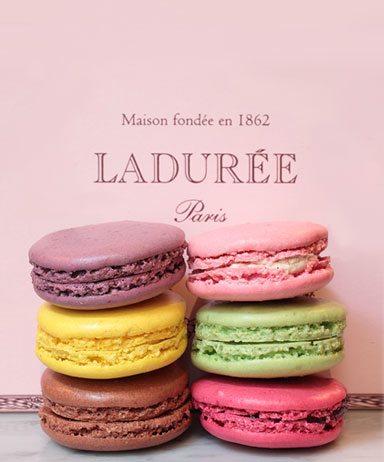You know that this, from an economical point of view, does not make too much sense. These big companies can offer small prices because they oriented their business towards producing big quantities of a product, at a specific quality level that will allow them to enter into big markets. A small artisan will have to have a much big profit per product, as he needs to take care of everything. Making, shipping, marketing. He will even pay more on ingredients, as he can't justify buying them in big quantities, so he will get better prices.
It's soap. I know that for some people, is magical, and, while I agree, it truly is, it's made with cheap, widely available, common ingredients. The quality does not lay in the ingredients, but in the way they are combined. That's what you're paying for, not for ingredients. The costs of ingredients are really the smallest price of them all. In the case of artisans, they need that profit to cover their equipment, marketing, shipping, all of that. And they base on getting that investment back from few hundred soaps, not tens of thousands like the big companies.
So, as far as cutting corners go, an artisan will be more prone to this than a big company. Because he does not have as much to lose. And this can only hurt the consumer. There were talks about why we don't have too many US artisan soaps in the EU, and that's mostly because EU regulations. And those regulations are in place for a reason. To assure that the consumer is getting a safe to use product. When you cut corners and don't respect those regulations, but you are selling the soaps in the EU, you are firstly hurting the consumer, but you are also hurting law abiding soap makers. And those "artisan" soap makers shouldn't be encouraged, or, even more, glorified. There is nothing glorifying about cutting corners in order to make profits. And they don't comply to those regulations because they know they can't meet them. Their ingredients are too bad for them to test them out and assure a safe product.


